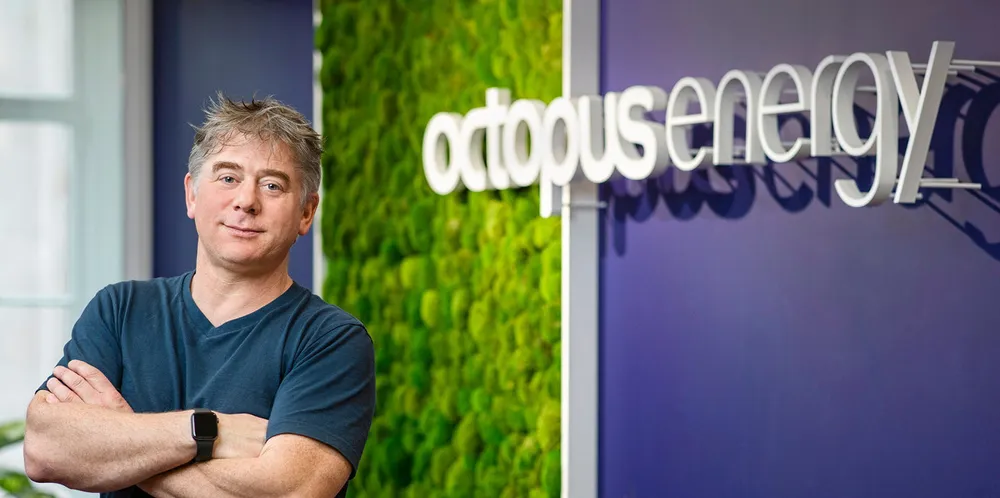'Don't demonise fossil fuels': Green player Octopus CEO Greg Jackson says gas helps 'keep wheels on'
Founder of utility and renewables group says honest approach to role of fossils in energy transition in everyone's best interests

Founder of utility and renewables group says honest approach to role of fossils in energy transition in everyone's best interests
